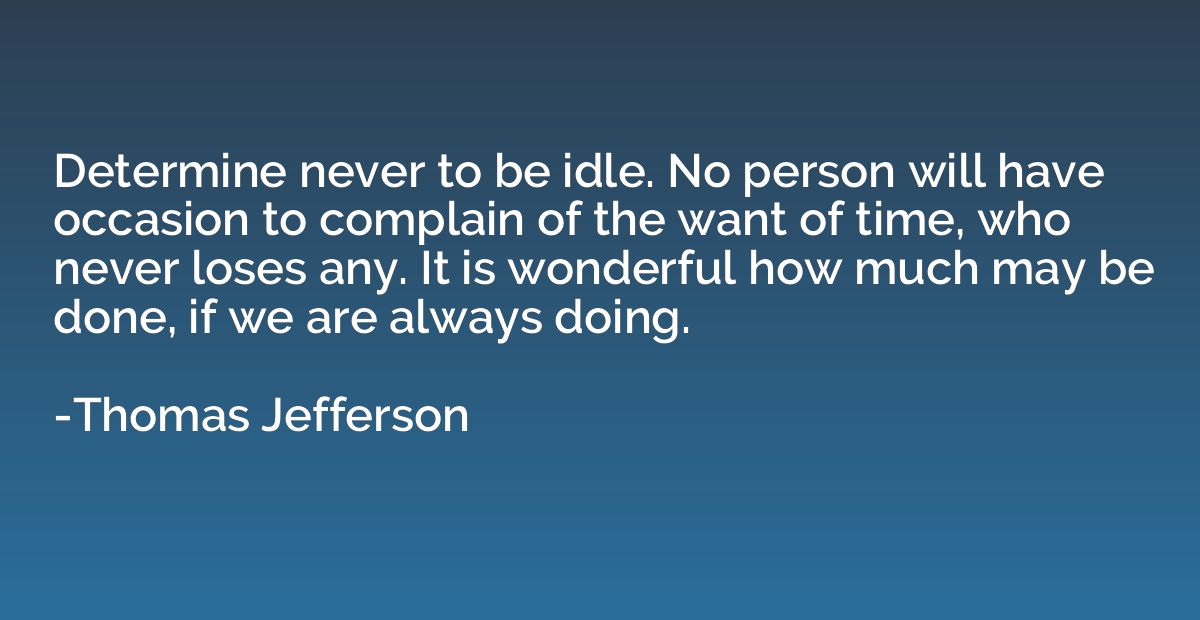Quote by Ralph Waldo Emerson
Heaven always bears some proportion to earth. The god of the cannibal will be a cannibal, of the crusades a crusader, and of the merchants a merchant.

Summary
This quote suggests that the values and beliefs of a particular society or group of people are often mirrored in their perception of the divine. It implies that the characteristics and actions attributed to deities reflect the aspirations and practices of the people who worship them. For example, a cannibalistic culture may envision a god who also embraces cannibalism, while a society involved in crusades may worship a deity inclined towards battle and conquest. Ultimately, this quote highlights the connection between earthly existence and religious beliefs, indicating that the concept of heaven or divinity is shaped by human experiences and perspectives.














